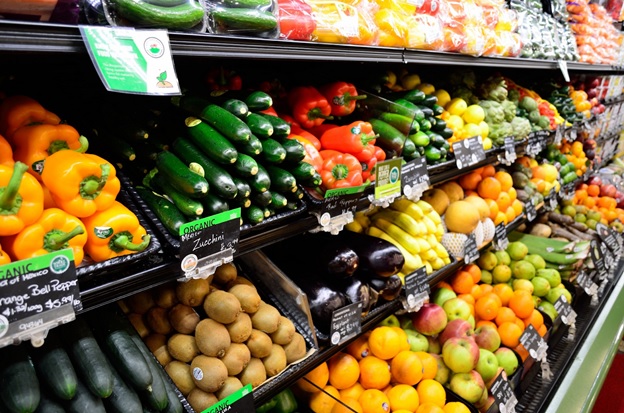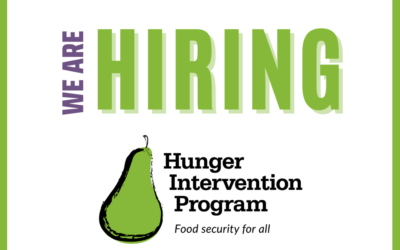This was originally published as an OpEd piece for Real Change News here.
 There is plenty of food to feed everyone in this country. At the same time, millions of people go hungry every day. One factor that contributes to this contradiction is food waste. In the United States, close to 40 percent of food that is perfectly good and edible is wasted throughout the food supply chain. The Food and Agriculture Organization argues that “Even if just one-fourth of the food currently lost or wasted globally could be saved, it would be enough to feed 870 million hungry people in the world.” These numbers are staggering. How does it make sense to produce and then waste so much food when millions of people are going hungry?
There is plenty of food to feed everyone in this country. At the same time, millions of people go hungry every day. One factor that contributes to this contradiction is food waste. In the United States, close to 40 percent of food that is perfectly good and edible is wasted throughout the food supply chain. The Food and Agriculture Organization argues that “Even if just one-fourth of the food currently lost or wasted globally could be saved, it would be enough to feed 870 million hungry people in the world.” These numbers are staggering. How does it make sense to produce and then waste so much food when millions of people are going hungry?
The rules of capitalism incentivize food waste. For producers, distributors and others in the food supply chain, it makes “economic sense” to waste perfectly good food rather than delivering it to those in need.
Food waste happens at every stage, from where it is grown to the point where it is consumed. Some waste is unavoidable, some is accidental and some is necessary for food safety. But a lot of the food waste that happens is by design. When we look into the root causes of why food is left in the field or why perfectly good food is thrown away, our economic system emerges as one of the primary underlying factors. The rules of capitalism incentivize food waste. For producers, distributors and others in the food supply chain, it makes “economic sense” to waste perfectly good food rather than delivering it to those in need.
We can look at a few examples.
At the stage of production, farmers leave a lot of produce in the field because distributors and retailers won’t accept it due to purely cosmetic standards that have nothing to do with the product’s value as food. For farmers, it’s costlier to harvest and deliver these products to those in need than to leave them in the ground to rot. Retailers don’t want imperfect produce because they won’t make as much profit from them. Customers are used to getting spotless produce when they are paying for them as a commodity.
At the retail stage, businesses overstock food products. That is why the supermarket shelves are always full and overflowing. This practice is backed by scientific research; when customers see shelves that don’t look as abundant, they are less likely to buy those items. Therefore, for retailers it makes complete economic sense to stock more food than necessary, even when they know they’ll end up throwing a lot of it away.
For anyone concerned about hunger, food waste or the environment, all these practices are absurd.
It makes no sense to throw away perfectly good food, except for those who have internalized this economic mantra: If it is necessary for making more profit, it is OK.
Rules of the game matter. When food is considered a commodity to be sold for profit and all the rules make it more profitable to produce and stock more in order to sell more, even at the expense of wasting food, that’s what businesses will do, regardless of the human and environmental consequences.
It’s not a matter of being malicious. For these businesses, even if they’ll agree that this is unfortunate, they’ll insist that this is the way things are and look for other technical solutions to reduce waste. Often businesses will donate their extra food to food banks.
It makes them feel good (and possibly receive some tax breaks) while shifting the burden of dealing with food waste to under-resourced nonprofits and unpaid volunteer laborers.
It is possible to make the rules of the system different such that making profit isn’t the only goal.
The proposed House Farm Bill is getting a lot of push back from anti-hunger advocates for good reasons. It takes food away from more than 2 million people. The struggle to preserve and strengthen the Supplemental Nutrition Assistance Program is important. At the same time, we should also realize that our current policies leave the economic system that is at the root of hunger in place.
The question we are currently asking is if this food will make money. That question needs to shift to whether it is edible and can be of use for someone. As long as food is considered a commodity for making profit and not as a biological necessity and a human right, we will never solve the root causes of hunger.




0 Comments